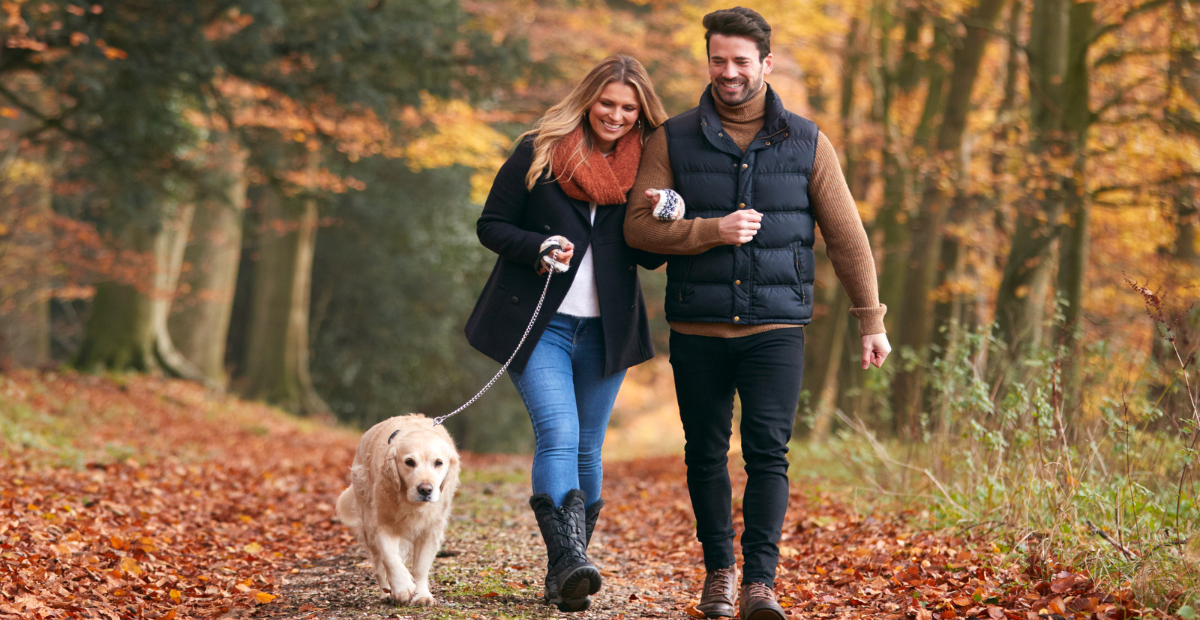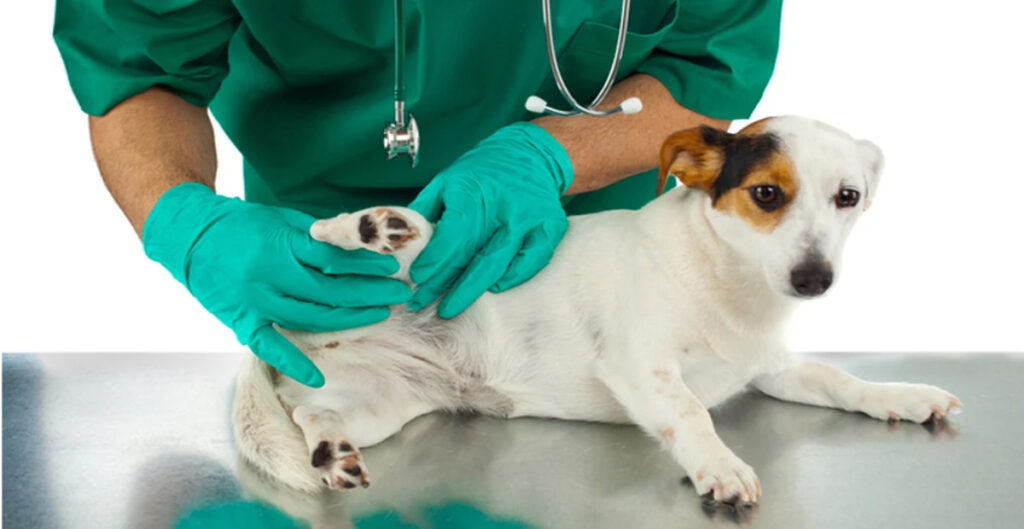
Just like humans, dogs are prone to joint problems and arthritis as they age. Factors such as obesity, injury and genetics can also cause early joint degeneration in dogs. Stiffness, lameness and difficulty moving are common signs of joint problems. In order for dogs to remain active and comfortable in their old age, protecting their joint health is essential.
Greece’s warm Mediterranean climate makes it an ideal place for an outdoor dog. But rugged terrain and hot summers can take a toll on your dog’s joints over time. Using preventative measures and targeted therapies can go a long way in supporting joint health. This article describes 5 tips that Greek dog owners can follow to maintain the joint well-being of their loyal companion.
Tip 1: Feed a common-friendly diet
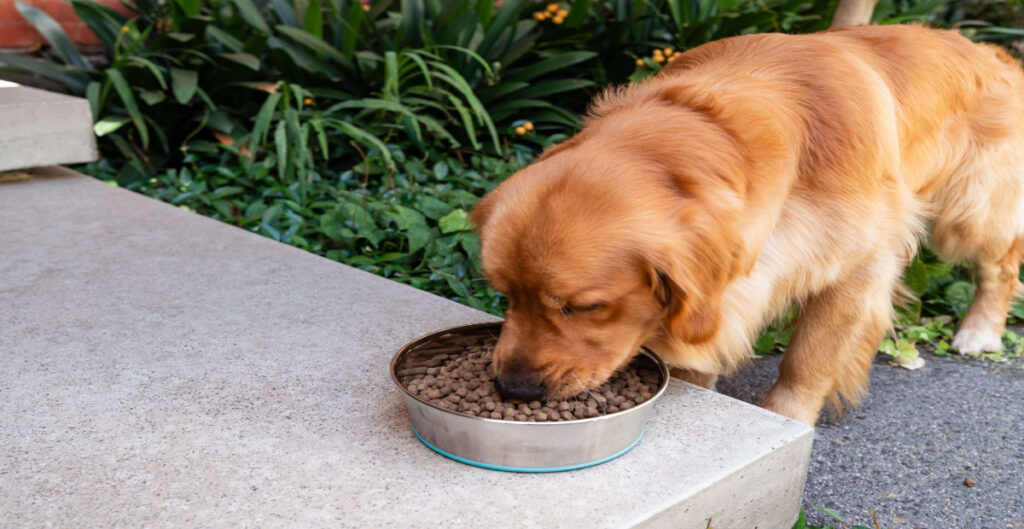
What your dog eats can have a big impact on joint health. Some key nutritional strategies include:
Provide omega-3 fatty acids
Fish oils are an excellent source of omega-3s that reduce inflammation. Salmon, sardines or special fish oil supplements can be added to food.
Incorporate Glucosamine and Chondroitin
These compounds support cartilage and lubrication. Greek brands such as VetriScience sell glucosamine/chondroitin treats and chews.
Weight control
Extra pounds put more strain on the joints. Adjust your dog’s calories to keep him lean. consult your veterinarian for ideal weight.
Use joint supplements
Veterinary joint supplements have custom blends to protect cartilage and improve mobility. Give as directed.
Avoid excess fat
Limit unhealthy fats that can worsen inflammation. Choose lean meats and low-fat Greek yogurt or cheese for protein.
Tip 2: Provide comfortable bedding
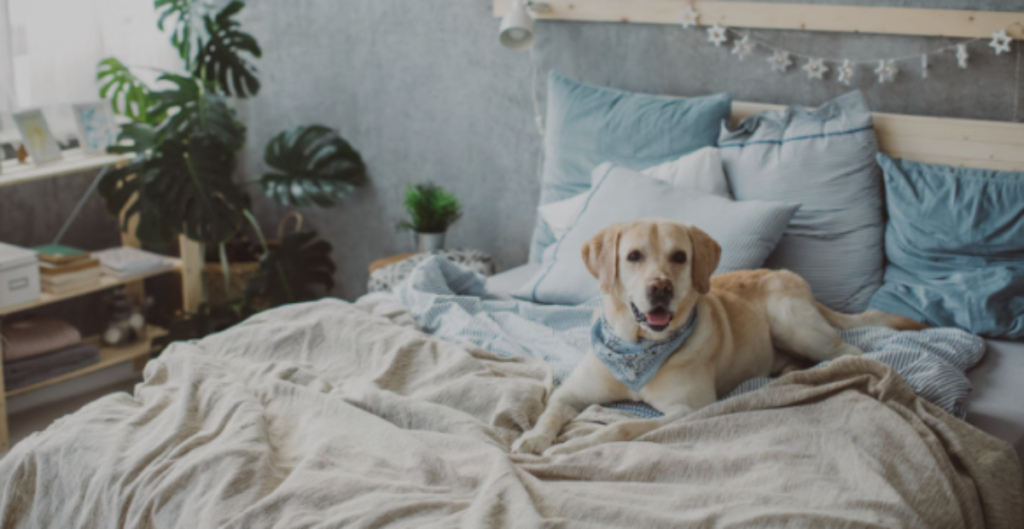
Allowing your dog to relax comfortably is key to joint health. Use these tips for proper bedding:
Select Orthopedic beds
Look for thick, supportive mattresses marketed for joint pain rather than flat, minimal padding.
Use Memory Foam
This material is molded to the body to evenly distribute weight and prevent pressure points.
Try heated beds
Warmth can soothe arthritis discomfort and relax muscles. Ideal for larger dogs.
Wash regularly
Beds collect dirt, hair and allergens, so wash pet beds weekly. Replace when worn.
It has many beds
Allow easy access to resting spots throughout your home and out of the shade.
Tip 3: Maintain a healthy weight
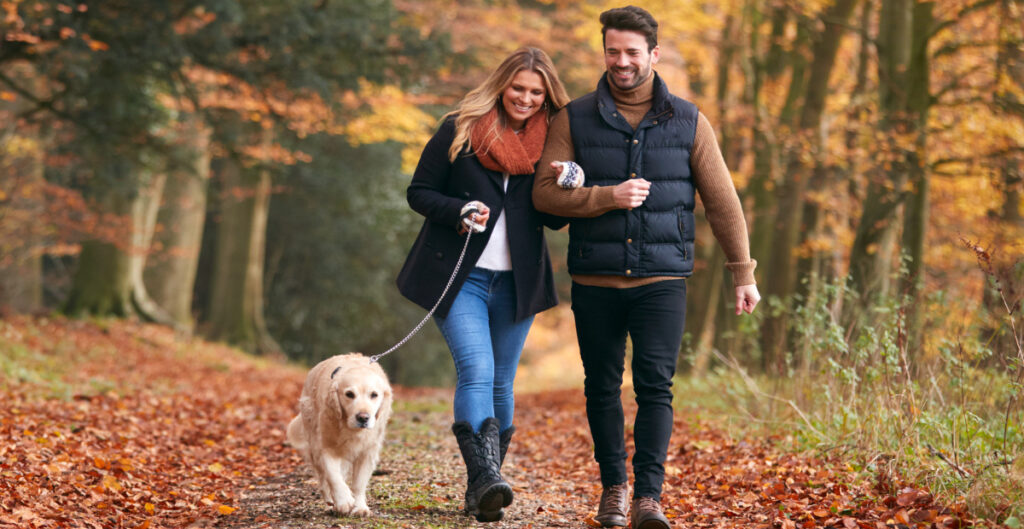
Carrying too much weight puts stress on the joints and predisposes dogs to mobility issues. Avoid obesity by following these guidelines:
Weigh yourself regularly
Check your dog’s weight every month. Note the changes and adjust the food as needed.
Measure the food
Follow the feeding guidelines based on your dog’s ideal weight – don’t just fill the bowl!
Use low calorie treats
Reward good behavior with low-calorie treats like raw vegetables instead of fat.
Excercise
Provide moderate, steady activity to burn calories and strengthen supporting muscles.
Visit the vet
Rule out any underlying medical conditions if your dog is gaining weight unexpectedly.
Tip 4: Try dog massage
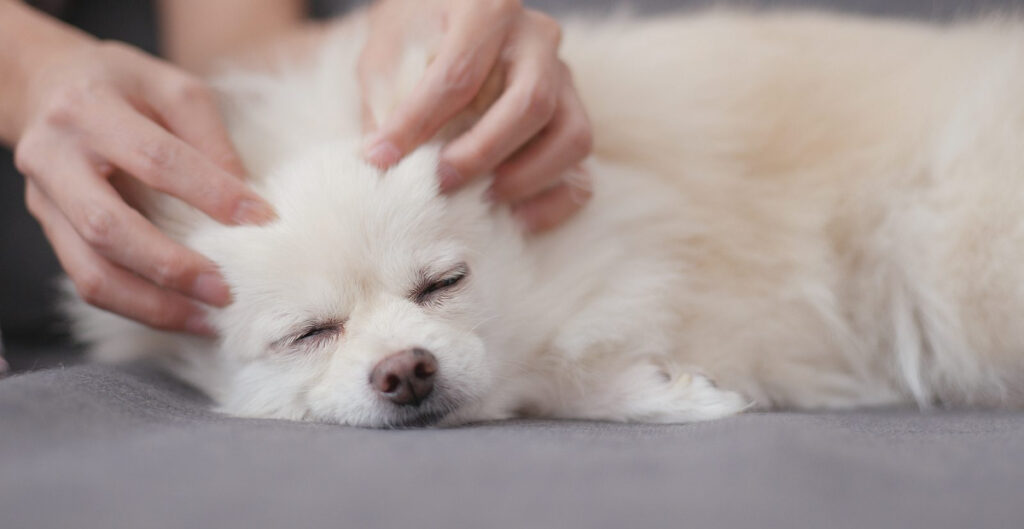
Massage stimulates blood flow, relieves pain and promotes joint flexibility. Some advice:
Learn Techniques
Book a session with a certified canine massage therapist to learn the right hands-on techniques.
Focus on Joints
Gently rub and bend the legs, knees, hips and shoulders where arthritis is common.
Use circular motions
Use your thumbs to massage the muscles in a circular motion. Always go slow and stop if your dog appears to be in pain.
Do short sessions
5-10 minutes 1-2 times a day is enough. Incorporate into your dog’s routine such as brushing.
Use massage tools
Try handheld massagers that allow you to easily massage hard-to-reach areas.
Tip 5: Maintain an active lifestyle
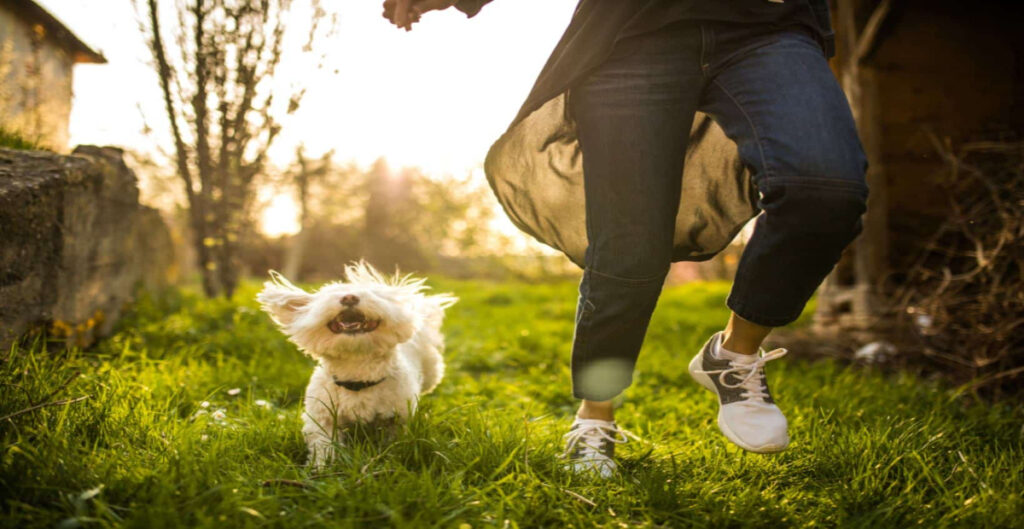
Exercise is vital for joint health. Low-impact activities like these are best:
Swimming
An ideal workout – water supports the joints and encourages full range of motion. Dogs can swim all year round in Greece.
Walking
Help control weight and gradually build muscle tone with short, regular walks.
Stretching
Gently stretch each leg back and hold for a count of 10. Never force the range of motion.
Physiotherapy
Animal PTs can customize exercise programs and provide treatments such as ultrasound or lasers.
Mental stimulation
Keep dogs engaged between physical activities with puzzle games and training toys.
conclusion
From diet to fitness and proper rest, there are many ways Greek dog owners can support their pet’s joint health. Maintaining your dog’s ideal weight is the most effective step. Consulting with your veterinarian helps customize a plan based on your dog’s needs. With a holistic approach focused on joint wellness, your faithful companion can continue to explore Greece alongside you pain-free.
FAQs
What foods are best to feed my dog for healthy joints in Greece?
Good dietary choices include fish for omega-3s, lean meats, whole grains, fruits/vegetables, and supplements with glucosamine, chondroitin, and MSM. Avoid excess fat and calories. Greek brands such as VetriScience provide joint support supplements.
My dog is struggling with the heat in Greece. Any tips to help their joints?
Walk early in the morning or in the evening when it is cooler. Ensure access to fresh water and shady resting areas. Cooling pads, vests or bedding can provide relief. Avoid overexertion and watch for signs of heat stress.
Massage can also promote circulation on hot days. Are there joint specialist vets near Athens?
Yes, there are specialist orthopedic vets in and around Athens. An example is the Veterinary Center of Athens, which has orthopedists on staff. Getting a referral can help if your dog has complex joint problems.
What exercises are best for maintaining my senior dog’s joints?
Low impact exercises such as swimming, short leash walks, stretching, and range of motion exercises are great for older dogs. Avoid high-intensity activities that could strain the joints. Work closely with your veterinarian to adjust exercise regimens.
How can I make my Greek home more joint-friendly?
Use ramps/steps to access furniture. Place the water bowls high. Provide orthopedic memory foam beds. Install non-slip floors and carpets. Make sure your dog can easily go outside for bathroom breaks. Maintaining a comfortable environment at home reduces stress on the joints.
For more: When joints go bad: Management of acute lameness in dogs in Greece
Toy Poodle Dog Health in Greece
